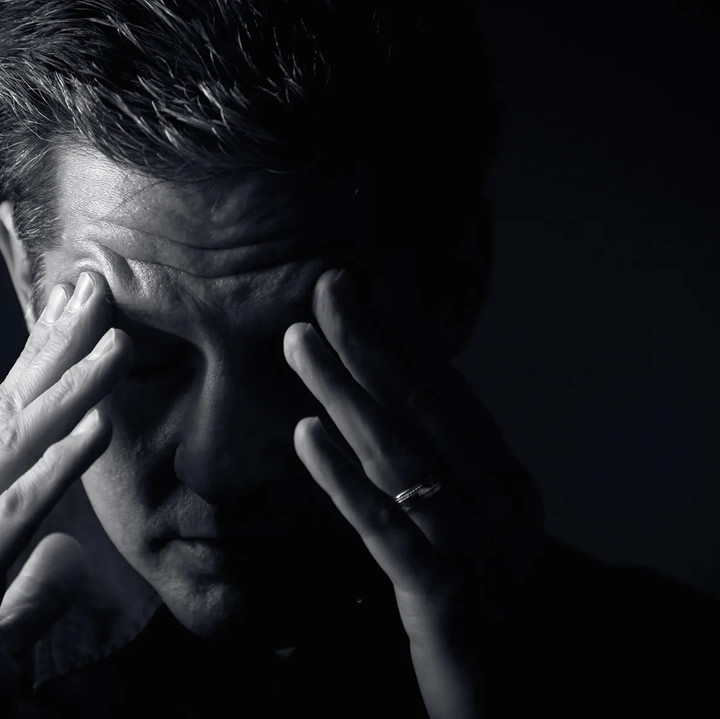Anxiety refers to uneasy feelings and nervousness that happen, even when you are not facing any threat or danger. It is not like the fear that is an immediate response when confronted with a dangerous situation.
When you experience anxiety, you are reacting to stress, which is not necessarily harmful. Instead, it helps you prepare yourself for a plan of action for whatever circumstances you find yourself in.
Feeling anxious and having an anxiety disorder differ in that you can feel anxious in stressful situations, which is normal. However, when these anxious feelings are constant and affect your quality of life, it may become chronic and result in anxiety disorder.
When it becomes difficult to manage and affects your health, you may require professional help. However, there are ways to reduce feelings of anxiety and provide you with a sense of calm. Here are some of them.
Keep yourself physically active
Everyone knows how staying active can be beneficial for your health. Exercising regularly keeps your muscles strong and works on keeping various organs of your body healthy. It also promotes mental and emotional well-being. Aerobic exercise, for instance, may be beneficial in reducing stress and tension.
With exercise, serotonin is released by the brain, which helps enhance your mood and puts you in a calmer and more optimistic state of mind. Some of these exercises include brisk walking or jogging, hiking, and swimming. Even 30 minutes of exercise a day can make you feel much better and improve your physical and mental well-being.
Do something that relaxes you
Anxious feelings occur more often when you focus on them. To alleviate those feelings, finding relaxing activities to keep you distracted are very helpful. For example, you may want to get into specific hobbies that keep you preoccupied positively.
If you are interested in sewing clothes, you could purchase linen from Dalston Mill and start getting busy with your creation.
You may enjoy reading or writing, which are both excellent ways to keep your mind focused on something productive instead of dwelling on the negativity that causes your anxiety. If you love small get-togethers with close friends, then, by all means, do so. The company of loved ones will always help lighten your mood and reduce your anxiety.
Avoid unhealthy habits
Late nights, alcohol, and smoking are habits that you think may provide relief for your anxiety. On the contrary, they are not helpful and can only worsen the situation. Alcohol may even contribute to feeling anxious. Drink in moderation and avoid smoking to reduce the symptoms of anxiety.
Find ways to relax before going to bed and get the recommended 7 hours of sleep you need to stay healthy. Start developing good health habits instead as a healthy body is essential for a healthy mind.
When your anxiety begins to overwhelm you, and you find it challenging to manage, there are professionals you can talk to. They can provide invaluable assistance in understanding what you are going through and providing the best recommendations to help you take control of anxiety. Finally, remember that problems have solutions, and there are so many other things you can be thankful for.

